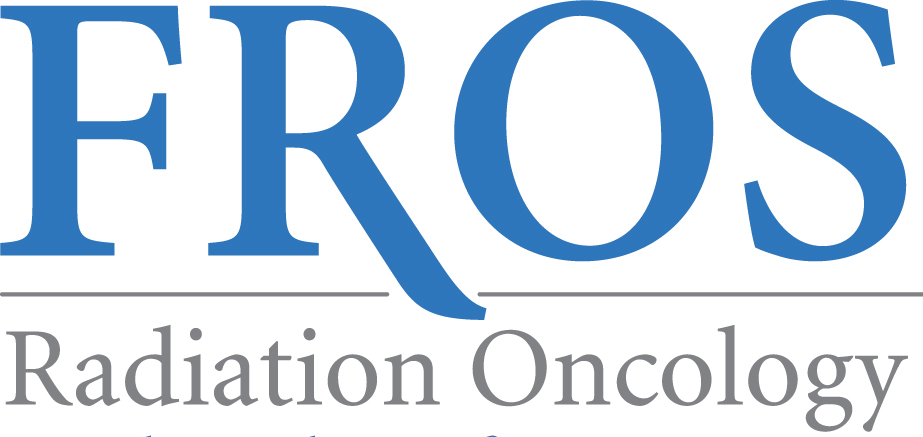Gynecologic Cancer
/WHAT IS GYNECOLOGIC CANCER?
Gynecologic cancer refers to cancer of the female reproductive system, including ovarian cancer, uterine cancer, cervical cancer, and vulvar cancer. Gynecologic cancer is the fourth most common type of cancer in women, affecting approximately 1 in 20 women. In the United States each year 82,000 women are diagnosed with gynecologic cancer.
RISK FACTORS OF GYNECOLOGIC CANCER
Cancer of the Cervix: Molecular and epidemiologic studies have demonstrated a strong relationship between human papillomavirus (HPV), cervical intraepithelial neoplasia (CIN), and invasive carcinomas of the cervix.
Cancers of the Uterine Body: The best-recognized risk factors for the development of the cancer can be related to chronic estrogen exposure. These include oral intake of exogenous estrogen, estrogen-secreting tumors, and low parity.
Ovarian Cancer: In most cases, the exact cause of ovarian cancer remains unknown. The risk of developing ovarian cancer appears to be affected by several factors: genetic mutations, chronic estrogen exposure. The more children a woman have, the lower her risk of ovarian cancer.
SYMPTOMS OF GYNECOLOGIC CANCER
Cancer of the Cervix, Vagina, and Vulva: The earliest symptom of invasive cervical cancer is usually abnormal vaginal bleeding, often after coitus of vaginal douching. Pain in the pelvis could be symptom.
Cancers of the Uterine Body: Abnormal vaginal bleeding.
Ovarian Cancer: 95% of patients have nonspecific abdominal symptoms.
DIAGNOSIS OF GYNECOLOGIC CANCER
Cancer of the Cervix, Vagina, and Vulva: Biopsy is used to diagnose and is an essential step in the diagnosis.
Cancers of the Uterine Body: A diagnosis should be considered in postmenopausal women with any vaginal bleeding, peri-menopausal women with heavy or prolonged bleeding and pre-menopausal women with abnormal bleeding patterns. Outpatient endometrial biopsy leads to the accurate diagnosis.
Ovarian Cancer: Transvaginal ultrasonography (TVS) and abdominal ultrasonography are the most useful diagnostic examinations.

